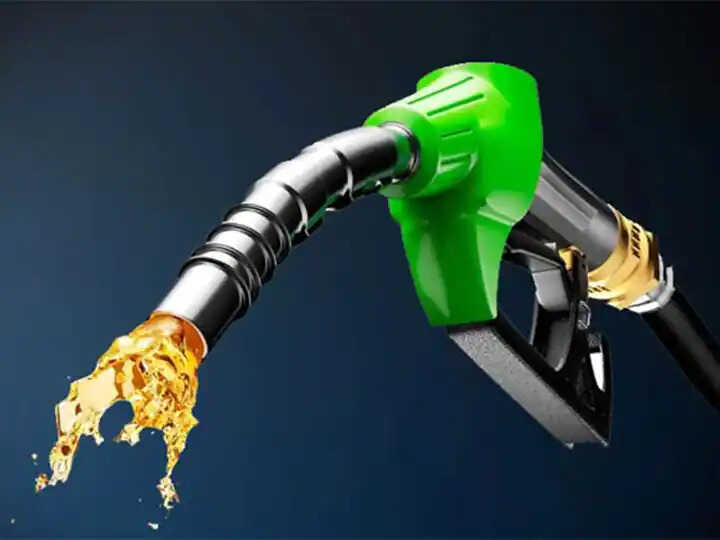India Ratings and Research (Ind-Ra) on May 25 said the second wave of COVID-19 would have a significant impact on the quality of car owners’ assets as borrowers face reduced energy consumption and increased operating costs due to rising fuel prices. Adding more, Ind-Ra said the situation would reduce their ability to pay off debt.
The research agency cited the steps taken by the government during the first wave of COVID-19 to strengthen it with the example of regulatory suspension, loan restructuring, additional funding through a program to ensure immediate credit pricing and boosted confidence about familiarity sooner than expected.
Ind-Ra, however, at this time is concerned about the wide impact as rural areas and the full demand have already been swallowed up. Accordingly, it estimates that group performance in the first two weeks of May is likely to decrease by 5% -7% more than the same decline in April March 2021.
Also read : Rupee opens up at 72.97 per dollar
Ind-Ra even has a negative view of automotive finance as an asset class. “Early demand indicators, such as the E-way bill, diesel consumption show signs of inflation and inflation can affect demand and thus load acquisition. Therefore, demand and increased operating costs can measure borrower’s cash flow in FY22. Ind – Ra believes that the efficiency of the group of lenders will be hampered by limited travel as the second wave spreads across the country, “the report said.
Among other things, Ind-Ra points to an increase in lending rates for all car lenders to reduce the burden of servicing borrowers, but this could lead to an increase in losses incurred by other collateral transactions.
It said all car parts would be affected by the disease as it spreads widely, disrupted business operations and thus affected the flow of money to borrowers. “Previous estimates of the growth rate of lenders may take a backseat, as adapting can be a long-term process in which borrowers look at increased shipping use rather than buying new cars.
Apart from this, the research company expects that lenders will be affected in the medium term due to travel restrictions and limited cash flow for borrowers, as collection became difficult.
Meanwhile, Ind-Ra believes that tightened monetary tightening, as well as the availability of hot money in balancing and holding the margins due to cost overruns over the past one year may lodge an appeal for additional pressure on the second wave of COVID-19.

